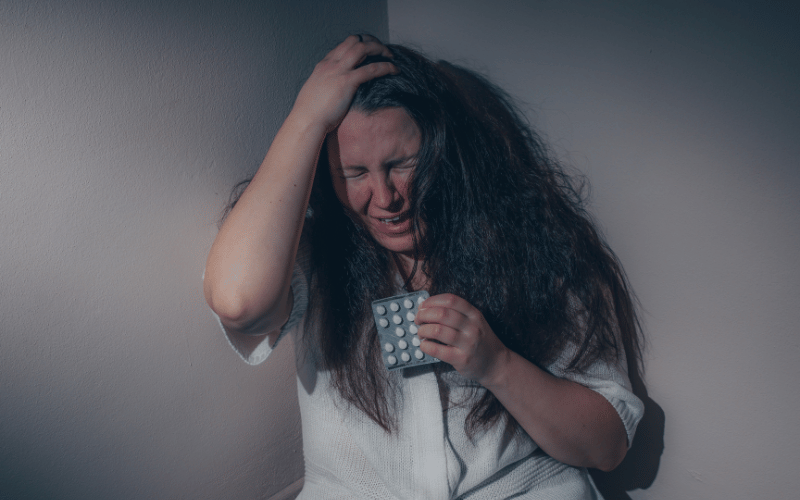9. Increased Stress or Anxiety: A Vicious Cycle

Bruxism and stress share a complicated, often reciprocal relationship. While stress and anxiety can exacerbate teeth grinding, the discomfort and symptoms from bruxism can, in turn, escalate stress levels. This cyclic relationship can make both conditions worse if not appropriately addressed.
It’s not merely the act of grinding or clenching that affects mental well-being. The consequences, like facial pain, headaches, and sleep disturbances, can all contribute to heightened anxiety or feelings of being overwhelmed. This elevated stress can then lead to even more pronounced grinding, creating a perpetuating cycle.
While dental treatments can alleviate the physical manifestations of bruxism, addressing the emotional and psychological aspects is equally vital. This could mean seeking therapy, engaging in stress-reducing activities, or employing relaxation techniques. The goal is to equip oneself with tools to manage stress, breaking its direct link with teeth grinding.
For many, the best results come from combining both physical and psychological interventions. This means not only using mouth guards or splints to protect the teeth but also embracing practices like mindfulness, deep breathing exercises, or even cognitive-behavioral therapy to address stress at its root. (9)